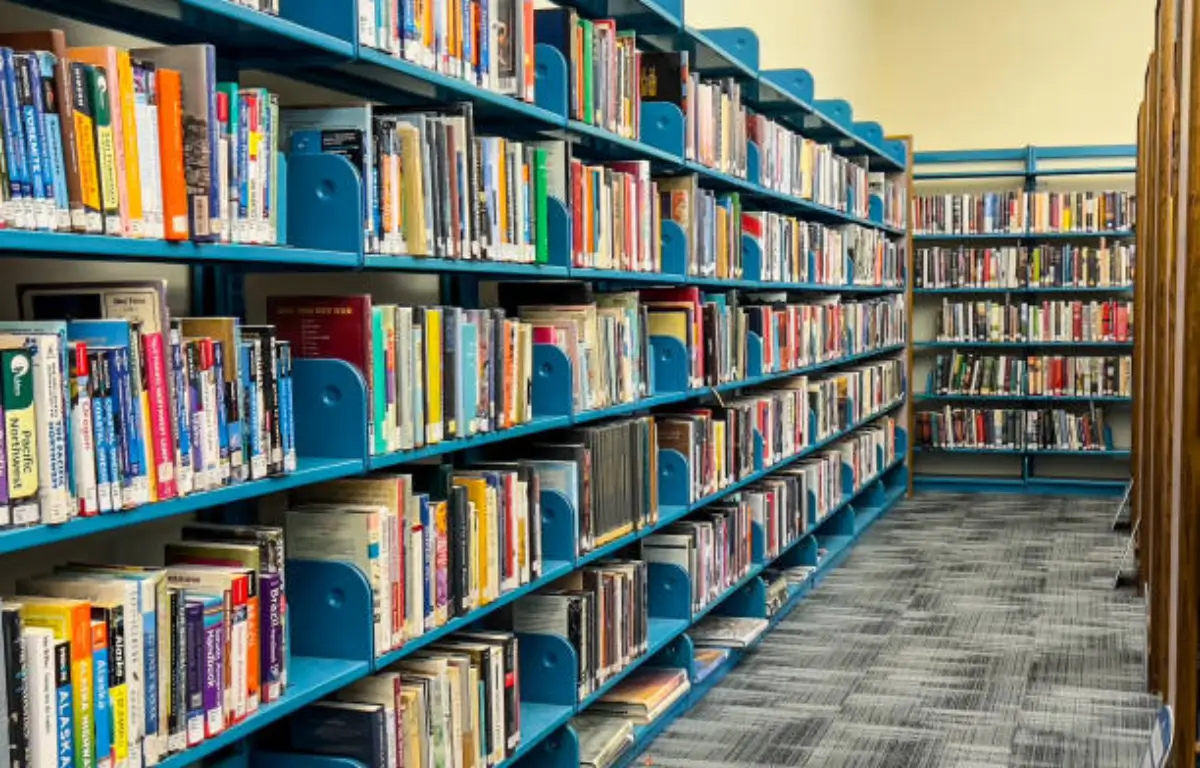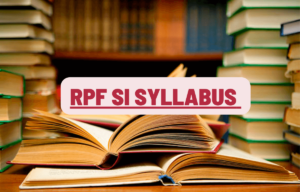As we know, the Bihar Public Service Commission (BPSC) is soon going to conduct a recruitment drive for Librarian posts. Candidates who are preparing for the Bihar Librarian examination should understand the Bihar Librarian Syllabus 2025 along with the exam pattern, as both are important for effective preparation. The Syllabus consists of various subjects like Library Science, Reasoning, Computer, and General Knowledge. Candidates should read the article to understand the Syllabus topics, which will help them plan a study timetable.
Bihar Librarian Syllabus and Exam Pattern 2025
To be selected as a Librarian through the Bihar Librarian examination, it is important for candidates to plan a proper strategy to score well in the examination. Bihar Librarian syllabus 2025 is vast, so candidates should cover the subjects well before the exam date. It is also important to understand the exam pattern discussed in the article below, as it gives details like the number of questions, marks for each section, and the marking scheme.
| Bihar Librarian Syllabus and Exam Pattern 2025- Summary | |
| Total Questions | 100 |
| Total Marks | 100 |
| Duration | 2 hours |
| Selection Process | Written Exam and Interview |
Bihar Librarian Exam Pattern 2025
- The exam has 100 marks and includes multiple-choice questions on Library Science and other Non-Technical Subjects.
- The exam must be completed in 2 hours
| Component of the test | Questions | Marks | Duration |
| General Awareness | 100 | 100 | 2 hours |
| Reasoning Ability | |||
| Computer | |||
| Library and Information Science |
Bihar Librarian Syllabus 2025
The topics included in the Bihar Librarian Syllabus 2025 are as follows. All these topics are necessary to be studied; candidates should go through each topic carefully to understand what to study and plan their preparation properly.
Library and Information Science
Foundation and Organization of the Library
- Functions and Objectives of Libraries
- Library Legislation in India
- Library as a Social and Educational Institution
- Types of Libraries:
- Academic Libraries
- Public Libraries
- Special Libraries
- National Libraries
Library Management
- Circulation System: Charging and Discharging
- Stock Verification and Weeding
- Budget Management and Accounting
- Collection Development: Selection and Acquisition
- Technical Processing: Classification and Cataloguing
- Classification Systems:
- Dewey Decimal Classification (DDC)
- Universal Decimal Classification (UDC)
- Colon Classification (CC)
- Cataloguing Rules:
- Anglo-American Cataloguing Rules (AACR2)
- Resource Description and Access (RDA)
Reference and Information Services
- Information Literacy and User Education
- Document Delivery and Inter-Library Loan
- Concept and Types of Reference Services:
- Short Range Reference Services
- Long Range Reference Services
Reference Sources:
- Encyclopedias
- Dictionaries
- Directories
- Biographical Sources
Information Technology and Library Automation
- Digital Libraries and E-Resources
- Use of Internet and Databases
- Barcode and RFID Technology
- Use of Computers in Library Operations
- Library Management Software:
- SOUL
- KOHA
- E-Granthalaya
Library Networks and Resource Sharing
- Concept and Types of Information
- Information Search Process and Techniques
- Research Methods:
- Quantitative
- Qualitative
- National and International Library Networks:
- INFLIBNET
- DELNET
- OCLC
- Concept and Importance of Resource Sharing
- Digital Repositories: Shodhganga and National Digital Library (NDL)
Information Science and Research Methods
- Bibliometrics and Webmetrics
- Code of Ethics for Library Professionals
- Library Associations and Professional Organizations:
- National Organizations: Indian Library Association (ILA), IASLIC
- International Organizations: International Federation of Library Associations (IFLA), American Library Association (ALA)
Library Rules and Standards
- Library Rules: User Rules and Fines
- International Standards: ISBN, ISSN, MARC
- Copyright and Intellectual Property Rights
General Knowledge and Current Affairs
- Science and Technology Developments
- Current Events (National and International)
- Awards and Honors
- Indian History, Geography, and Culture
- Constitution of India and Polity
- Economics and Indian Economy
Reasoning and Analytical Ability
- Series and Sequences
- Non-Verbal Reasoning:
- Puzzles
- Data Interpretation
- Syllogisms
- Analogies
- Blood Relations
- Verbal Reasoning:
- Coding-Decoding
- Venn Diagrams
Computer Awareness
Introduction to Computers
- Components of a Computer: CPU, Monitor, Keyboard, Mouse, Storage Devices
- Basic Computer Terminology: Hardware, Software, Input/Output Devices
- Definition and History of Computers
- Types of Computers: Analog, Digital, Hybrid
Operating Systems
- File Management: Creating, Deleting, Renaming, and Organizing Files and Folders
- Basic Commands in DOS or Command Prompt
- Introduction to Operating Systems: Definition, Functions, and Examples
- Types of Operating Systems: Windows, Linux, macOS
MS Office Suite
- MS PowerPoint: Creating and Editing Presentations, Slide Layouts and Design Themes, Adding Animations and Transitions
- MS Access (optional in some courses): Introduction to Databases, Creating and Managing Tables, Queries, and Reports
- MS Word: Creating, Editing, Formatting Documents, Using Templates, Tables, and Graphics, Page Layout and Print Setup
- MS Excel: Basics of Spreadsheets: Rows, Columns, Cells, Formulas and Functions, Creating Charts and Data Visualization
Internet and Web Technologies
- Email: Creating and Managing Email Accounts, Composing and Sending Emails, Attachments
- Social Media and Networking: Basic Introduction to Social Media Platforms
- Introduction to the Internet: Definition, History, and Usage
- Web Browsing: Using Browsers, Search Engines, and Downloading Content
Computer Security and Ethics
- Basic Security Concepts: Passwords, Antivirus Software, Firewalls
- Internet Safety: Recognizing and Avoiding Phishing, Malware, and Scams
- Computer Ethics: Data Privacy, Intellectual Property, and Ethical Use of Technology
Computer Networks
- Basics of Networking: LAN, WAN, Internet, Networking Devices: Routers, Switches, Modems



 BPSC TRE 4.0 Syllabus 2026 and Exam Patt...
BPSC TRE 4.0 Syllabus 2026 and Exam Patt...
 SSC Selection Post Phase 14 Syllabus and...
SSC Selection Post Phase 14 Syllabus and...
 RPF SI Syllabus 2026 and Exam Pattern, S...
RPF SI Syllabus 2026 and Exam Pattern, S...







